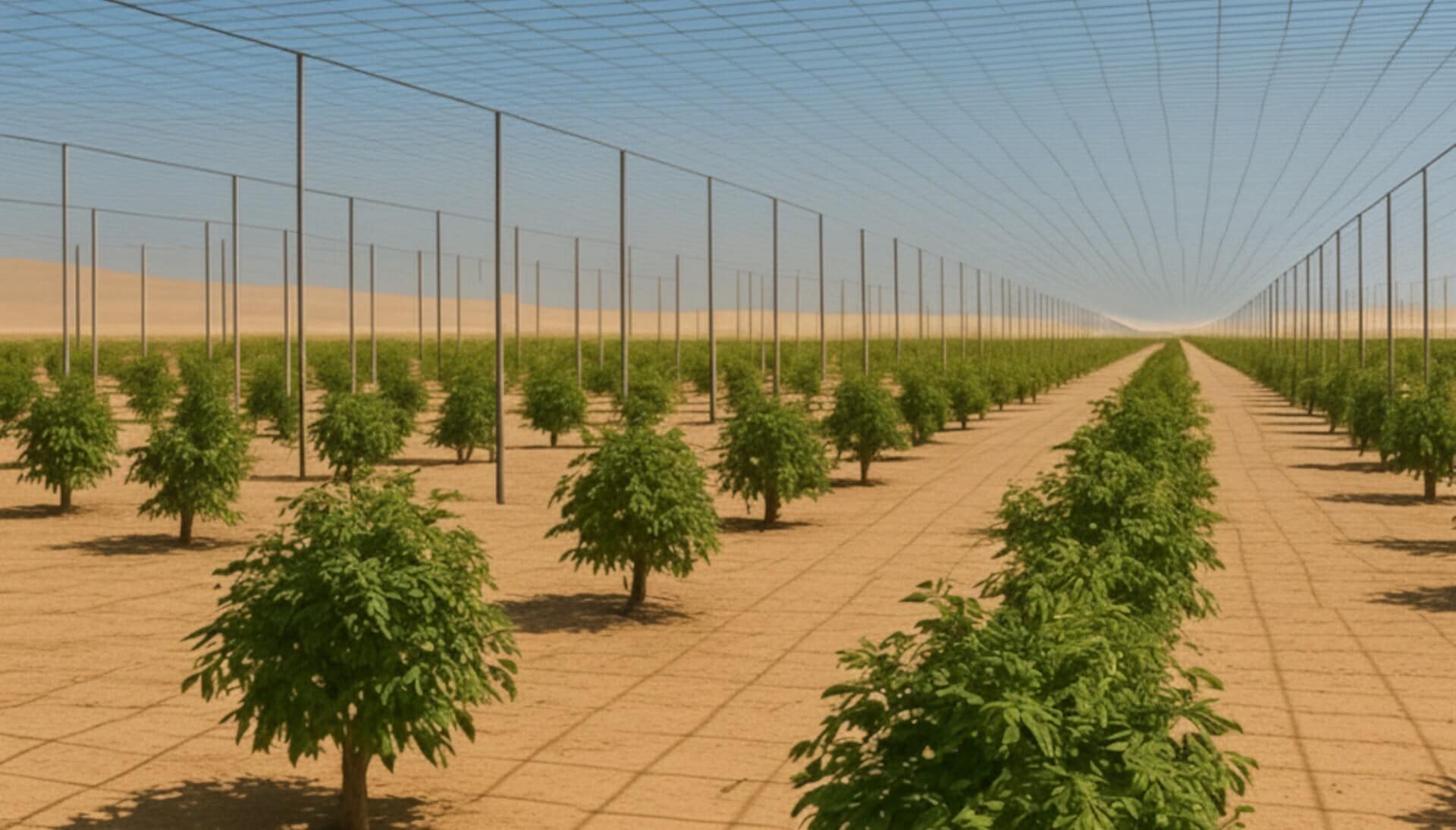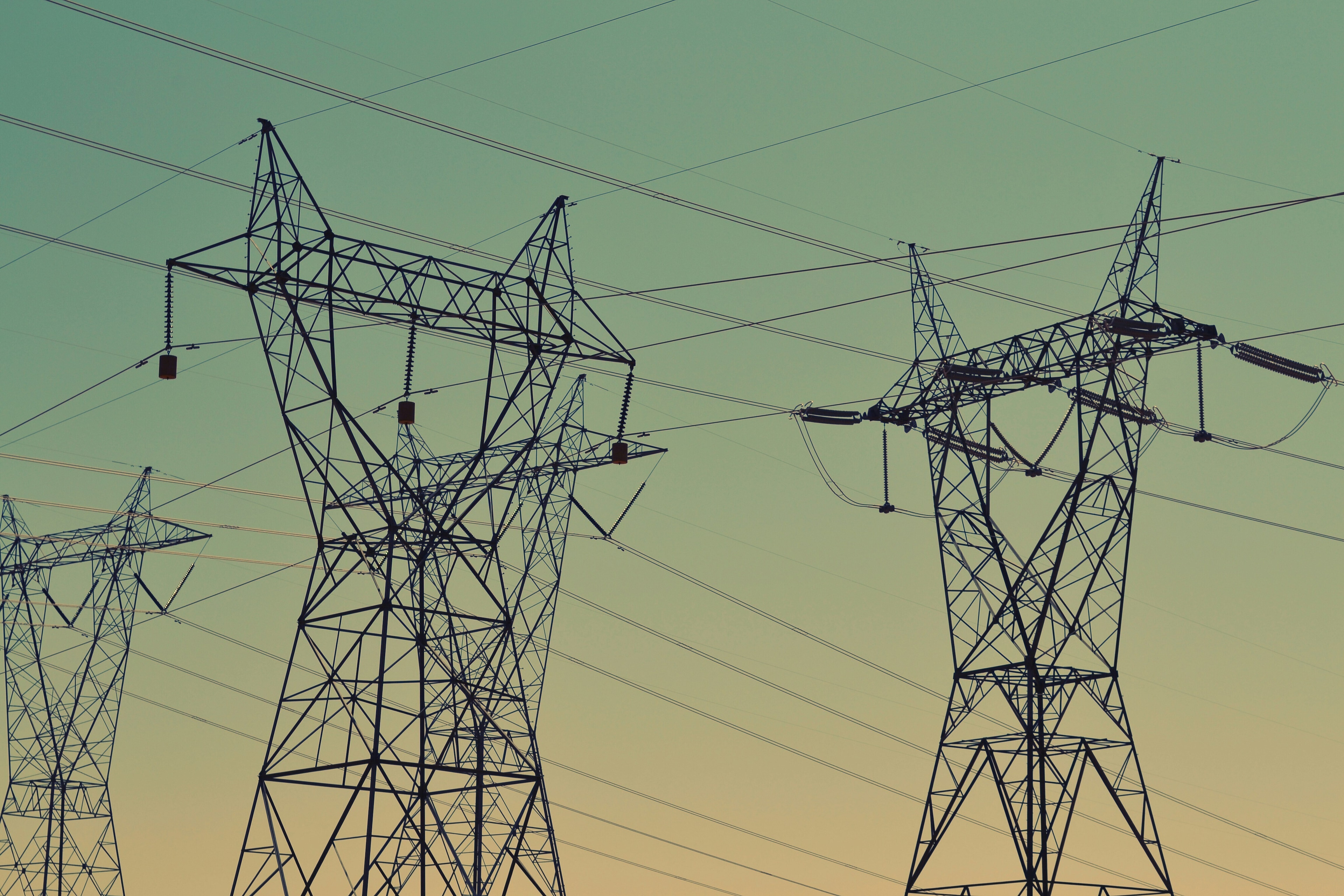How does the war in Ukraine affect oil prices?

Higher oil prices will further fuel inflation expectations.
Image: Pexels.
Stay up to date:
Oil and Gas
Listen to the article
- On 24 February 2022 Russia launched a military invasion on Ukraine.
- Already inflated oil prices have since skyrocketed to over $110 per barrel.
- An expert discusses the impact on energy prices and the energy transition.
Two weeks ago when oil prices were approaching $100, Maciej Kolaczkowski, Manager Oil and Gas Industry from the World Economic Forum's Energy, Materials, Infrastructure Platform, explained the impacts on inflation and the key factors determining oil prices, how prices affect the global economy and the implications for the energy transition. He said that “no one had a crystal ball” and indeed one week later Russia started a war in Ukraine.
Here, Kolaczkowski returns with insights into how this has changed the dynamic on the energy market, what we might see in terms of the impact on consumer energy prices and how the energy transition fits into this changed context.
Impact of war
What has been the impact on oil prices of Russia invading Ukraine?
Kolaczkowski: Prices of oil and gas increased sharply, with both major oil benchmarks trading today at above $110, what represents further 15% increase over last week.
Currently, energy exports are not subject to sanctions on Russia. Europe is seeking alternatives, with reports suggesting that refiners should avoid taking Russian oil supplies. At the same time Russia is still able to find a market for the majority of its production by offering discounts in the order of $15-20.
Clearly, the war continues to increase pressure in the system. Some analysts say that the risk of disruption to supplies has not yet been fully priced in and we may be poised for further run upwards.
On other hand, OECD countries are releasing 60 million barrels of oil – an equivalent of 12 days of Russian exports – from their strategic reserves to the market. The move is aimed to ease the price pressure, however as history shows such actions have only short-lived and limited impact on prices. What is released today will need to be replenished in the near future.
US ban on Russian oil imports
The Biden administration banned Russian oil imports to the US. What could the administration do to lower gas prices in the US?
Strong economic recovery coupled with low investment in oil production were hugely exacerbated by the Russian invasion of Ukraine. This sent the oil price to stratospheric levels and this is being passed over to consumers at the pump.
In the short term, if the administration wanted to lower gas prices, there are some mechanisms to unlock. These include decreasing or suspending federal taxes on gasoline and diesel that are 18.4 and 24.4 cents per gallon, respectively. It could also work with state governments to do the same. State taxes average 30.63 and 32.29 cents per gallon, hence combined gains could amount to $0.5 per gallon.
Another option could include releasing more from strategic reserves to the market. However as recent and previous actions show, this would have only short-lived and limited impact on prices. What is released today will need to be replenished in the near future.
In the longer term, a more supportive approach to increasing domestic and international production would help. But most importantly, I believe that the key to the energy transition is in consumers’ hands. The biggest shift will need to happen on this side of the equation.
Rising energy prices
How will this impact consumer energy prices?
Again, it is hard to predict which way the situation and markets will go, however it seems that we are poised for a period of high energy prices that are driven by war and combined with tight market fundamentals.
High prices are being passed over to consumers at the pump, in their gas, heating and electricity bills. And high energy prices contribute to increased cost of virtually all goods and services further fuelling inflation expectations.
High energy prices contribute to increased cost of virtually all goods and services further fuelling inflation expectations.
”Some governments may introduce measures to cushion consumers from this increase. In many countries taxes on diesel and gasoline represent more than half of the price paid by consumers at the pump, so clearly there is a space for government action. However, all (or almost all) of this cost will need to be picked up by consumers. Unfortunately it seems that we are in for a prolonged period of expensive energy.
Energy transition
How does this impact the energy transition?
There are different dimensions to this question, and it will depend on the response by consumers, businesses and governments. I expect that the impact will vary with some trends accelerating and others reversing the energy transition.
First and foremost, energy security and affordability are back at the top of the agenda. It seems that climate change and sustainability are not the number one priority anymore.
What's the World Economic Forum doing about the transition to clean energy?
Europe seems to be rethinking its reliance on imported fuels. We may see a renaissance of nuclear and locally mined coal along with further accelerated renewable investments in an effort to substitute gas and coal imported in large quantities from Russia. Germany is already considering extending the life of their nuclear plants and reversing the trend of phasing out coal mining. Other countries may follow suit.
In relation to oil, high prices naturally improve the economics of alternatives like electric or hydrogen vehicles. Combined with the need to decrease import dependence I could imagine a serious policy push followed by a strong consumer response to deploy electric vehicles and other solutions quicker and at a greater scale. Achieving a substantial change however would take years if not decades. For example, in Norway, where 65% of all vehicles sold in 2021 were electric, oil demand has fallen less than 10% since 2013.
Individual action
Is there anything we can do as individuals?
I believe that the key to the energy transition is in our hands. The huge change required needs to be led by consumers, individuals and industry. For example, if EU citizens adjusted car driving patterns to average levels observed in Hungary, the entire imports of oil from Russia would not be needed at all. It would greatly improve energy security, significantly cut CO2 emissions and dwarf the key source of income for the Russian government. In the end it is up to every one of us!
If EU citizens adjusted car driving patterns to average levels observed in Hungary, the entire imports of oil from Russia would not be needed at all.
”Collective change
Would this require many people to radically change their lifestyle?
This is exactly the challenge. There is a couple of billion small, individual energy transitions that need to happen. The more a person consumes, the bigger responsibility they have. So, make cautious choices and create demand for better products. Very importantly, if you can afford it, be ready to pay more for an alternative that drives the change you want to see.
Accept our marketing cookies to access this content.
These cookies are currently disabled in your browser.
Don't miss any update on this topic
Create a free account and access your personalized content collection with our latest publications and analyses.
License and Republishing
World Economic Forum articles may be republished in accordance with the Creative Commons Attribution-NonCommercial-NoDerivatives 4.0 International Public License, and in accordance with our Terms of Use.
The views expressed in this article are those of the author alone and not the World Economic Forum.
Forum Stories newsletter
Bringing you weekly curated insights and analysis on the global issues that matter.
More on Energy TransitionSee all
David Homfray
October 8, 2025
Nontokozo Hadebe and Kunal Chandra
October 6, 2025
Marco Lambertini
October 2, 2025
Andrea Willige
October 2, 2025






